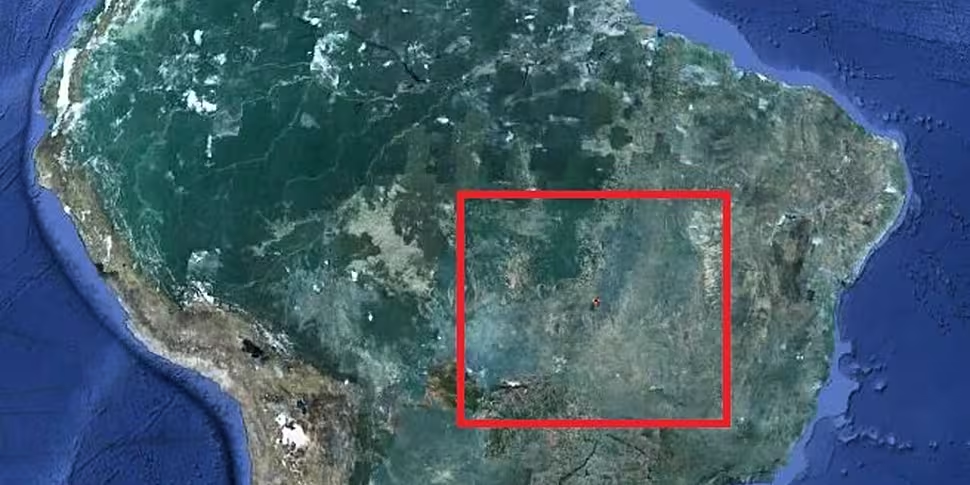More than 100,000 people have marched through cities across Brazil to protest over rising public transport prices and the cost of staging the 2014 football World Cup.
Tens of thousands of people took to the streets of Sao Paolo, while youths clashed with police in central Rio de Janeiro.
Police used tear gas, pepper spray and rubber bullets to disperse small groups of masked youths who started a fire near Rio's state legislative assembly attempting to break into the building. In Porto Alegre, some protesters set a bus on fire and threw rocks at empty commuter trains.
Elsewhere, there were peaceful protests through the capital Brasilia where more than 200 youths briefly occupied the roof of the National Congress and some 5,000 later formed a human chain around the building.
Protests also were reported in Curitiba, Belem, Salvador and Belo Horizonte.
"This is a communal cry saying, 'We're not satisfied'," said Maria Claudia Cardoso, in Sao Paolo.
"We're massacred by the government's taxes, yet when we leave home in the morning to go to work, we don't know if we'll make it home alive because of the violence. We don't have good schools for our kids. Our hospitals are in awful shape. Corruption is rife. These protests will make history and wake our politicians up to the fact that we're not taking it anymore."
Sandra Amalfe added "We need better education, hospitals and security - not billions spent on the World Cup."
The protests follow the opening games of the Confederations Cup over the weekend, just one month before a papal visit, a year before the World Cup and 3 years ahead of the 2016 Olympics in Rio.
President Dilma Rousseff acknowledged the protests in a brief statement saying "Peaceful demonstrations are legitimate and part of democracy. It is natural for young people to demonstrate."
She faces re-election next year and her popularity rating recently dipped for the first time in her presidency.
The unrest, which began last week after the announcement of increased bus fares, has rapidly spread with demonstrators focusing their anger not just on the transport fares but also on the €11 billion the government is allocating for the Confederations Cup and the World Cup.









